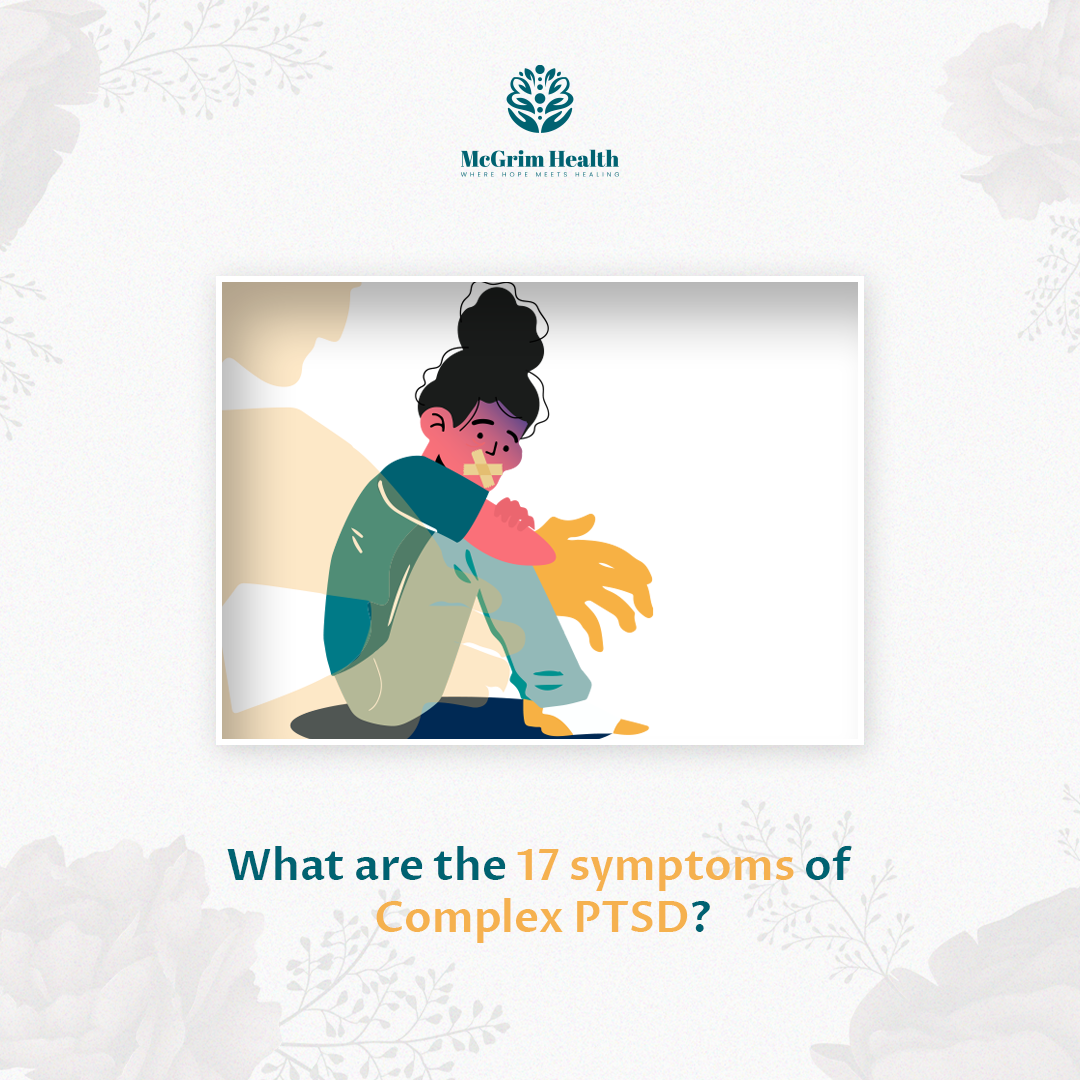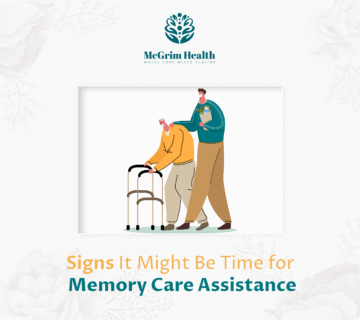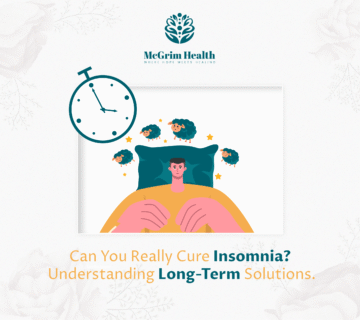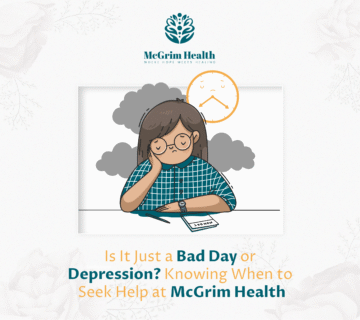Complex PTSD, also known as C-PTSD, is a serious mental disorder deeply rooted in long-lasting trauma.
It slightly differs from PTSD. PTSD often emerges after one traumatic event, while C-PTSD evolves from repeated, chronic trauma like abuse during one’s childhood or confinement.
To get effective treatment and adaptive coping mechanisms, it’s critical to identify and comprehend its symptoms.
Today, we’ll explore what are the 17 symptoms of complex PTSD and understand their impact on those affected by it.
What Exactly Is Complex PTSD and How Does It Differ From PTSD?
A useful starting point is to understand the distinction between PTSD vs complex PTSD.
PTSD is typically diagnosed in individuals who’ve lived through one traumatic occurrence, such as a mishap, natural calamity, or an attack.
On the other hand, Complex PTSD commonly arises from sustained trauma across an extensive timeframe, resulting in more potent and intricate emotional, mental, and physical outcomes.
Why the Distinction Matters
Knowing the difference between PTSD vs complex PTSD is key since the treatment methods vary greatly.
C-PTSD calls for trauma-informed care focused on long-term recovery.
Unlike the treatment for PTSD, which emphasizes managing isolated incidents of flashbacks, complex PTSD flashbacks are more persistent and may involve a larger cumulative effect on emotional health.
What Are the 17 Symptoms of Complex PTSD?
Here are symptoms of how complex PTSD might influence a person’s life:
-
Persistent Feelings of Sadness and Hopelessness
Continuous sadness is a common struggle for those with complex PTSD, affecting their everyday tasks and connections.
-
Difficulties in Trusting Others
It’s often for people suffering from prolonged trauma to have difficulty trusting others, resulting in challenges in forming or preserving relationships.
-
Flashbacks and Reliving Traumatic Events
People may experience complex PTSD flashbacks. This is when they replay traumatic past events due to triggers like certain sights or sounds.
-
Avoidance of Situations and People Reminiscent of Trauma
Those with this type of PTSD often stay away from people or places linked to their past trauma. This helps them cope but can also cause loneliness and reduced life experience.
-
Emotional Numbness
At times, people wrestling with complex PTSD may lock away their emotions to cope with persistent distress.
They can appear detached or indifferent to help manage overwhelming feelings.
-
Distorted Self-Perception
Those with complex PTSD often battle with a poor self-image, feelings of worthlessness, or considering themselves as “damaged.”
-
Struggle with Emotion Regulation
Unexpected emotional reactions such as sudden anger or tears may arise, typically linked to underlying distress from past trauma.
-
Suicidal Thoughts and Behaviors
Complex PTSD and suicidal ideation are tragically linked. The overwhelming pain and hopelessness might drive some individuals to contemplate self-harm or even make suicide attempts.
-
Turning Inward and Pulling Away
People often retreat from social interactions due to feelings of shame or mistrust, opting for solitude rather than risk pain or rejection.
-
Altered Sense of Reality
Some people with complex PTSD experience disassociation—they feel detached from their body or the world around them as if they are observers.
-
Complex PTSD Physical Symptoms Without Medical Cause
There may be chronic pain, stomach troubles, or constant tiredness, with no medical reason.
Such complex PTSD physical symptoms typically link to stress due to long-lasting trauma.
-
Feeling Perpetually “On Guard” (Hypervigilance)
A common sign is being on high alert always—fearing risks from all sides. This constant alertness can tire and worry one out.
-
Difficulty Maintaining Personal Boundaries
People with complex PTSD struggle with boundary-setting. This trouble can lead to others exploiting or taking advantage.
-
Feeling a Loss of Autonomy
Many enduring trauma feel that they’ve lost self-control. They may feel dependent or like they can’t influence their life.
-
Inability to Enjoy Life
The inability to feel happy, or anhedonia, is a common symptom in complex PTSD. Joyful things may now feel empty or of little importance.
-
Negative Beliefs About the World
People with complex PTSD often adopt a fearful, mistrusting worldview, believing the world is threatening and people, unreliable.
-
Self-Destructive Behavior
To distract from or drown their pain, some may resort to drugs, alcohol, or risky behaviors, causing more harm.
Complex PTSD Coping Skills
Coping with complex PTSD symptoms needs diverse tactics, tailored to each person.
For relief and mental health support, consider these complex PTSD coping skills:
- Therapeutic Support: Working with a trauma-trained therapist is a highly effective way to learn managing skills and kickstart the healing journey.
- Mindfulness Practices: Techniques like meditation, breathing activities, and grounding exercises can help handle emotional triggers and boost emotional control
- Exercise: Regular physical exercise has proven to ease stress and uplift mood. It offers a healthy way to vent out tough emotions.
- Building Support Networks can allow shared experiences, advice-seeking, and prevent loneliness with trusted friends, family, or support groups.
- Creative Outlets: Pursuing art, writing, or music therapy can provide a healthy path to express feelings for those grappling with complex PTSD.
Recognizing When to Seek Help for Complex PTSD and Suicidal Ideation
Realizing the link between complex PTSD and suicidal thoughts is vital.
If you or a loved one struggles with suicidal thoughts, reaching out to mental health experts or support groups can be lifesaving.
The treatment for C-PTSD involves various methods like therapy, medication, and support networks.
Final Thoughts
Dealing with Complex PTSD can be tough, but it’s not impossible.
The key is recognizing what are the 17 symptoms of complex PTSD and how to handle them. This knowledge can give people the power to take charge of their lives.
Need Help Managing Complex PTSD? Contact McGrim Health
We care about you and provide support and treatment for those dealing with complex PTSD.
If you or a loved one need help, don’t wait. We’re devoted to guiding you to recovery and equipping you with the tools to overcome trauma.
Make an appointment with McGrim Health today and begin your path to a better life.
FAQs
What are the symptoms of c-PTSD in women?
Symptoms of c-PTSD in women can include:
- Shame.
- Guilt.
- Trust issues.
- Emotional dysregulation.
- Self-esteem issues.
- Isolation.
- Hypervigilance.
What are signs someone’s been struggling with complex PTSD for a long time?
Those living with this condition for some time might show a persistent sorrow, struggle to trust others, have recurring memories, feel detached emotionally, and prefer to be alone.
Can complex PTSD cause an upset stomach?
Yes, physical issues like stomach troubles, digestion problems, and unexplained aches can sprout due to complex PTSD.
It’s typically connected to long-lasting stress reactions.
How do people with complex PTSD behave?
People who have complex PTSD tend to react emotionally, shun social gatherings, act overly cautious, or find it hard to keep relationships.
Is complex PTSD permanent?
Recovery from complex PTSD symptoms is possible with appropriate treatment, but it differs from person to person. Therapy, support circles, and learning how to cope can assist in controlling symptoms.





No comment